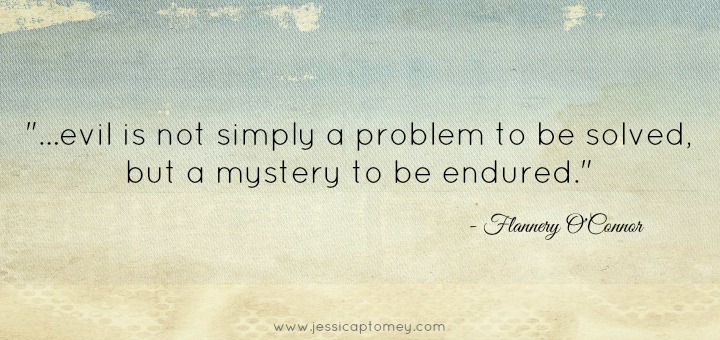We are down to the last three categories for the 2017 Catholic Reading Challenge. I’ve been sharing what I’m reading throughout the year for each one.

Category: A Book by a Doctor of the Church
My Pick: An Introduction to the Devout Life by St. Francis de Sales
Of all the hundreds of saints in the Church, we only have 36 that hold of title of “Doctor of the Church.” So basically anything that you pick from these folks will deliver profound insights — guarenteed. The hard part is picking one. It wasn’t too hard for me, because I had been meaning to read An Introduction to the Devout Life for quite some time (which is why these reading challenges can be just the motivating force we need).
This book has been described as a prime manual for spiritual direction and St. Francis the ultimate spiritual director. (In fact, he wrote it as such, addressing one woman, Philothea, in her pursuit of the devout Christian life.) I certainly agree with that sentiment; moreover, I found the work to be both essentially practical and timelessly inspired. Every topic, and he covers quite a range of them, applies to pretty much every Christian’s life.
One of the most impactful topics for me personally was his step-by-step description of the process of mental prayer. I have been trying to develop this practice in my own life, but I struggled in finding helpful resources to guide a novice. St. Francis’s advice and methodical approach are exactly what a beginner needs, and I have found myself able to immediately apply his method in my prayer time.
Another great aspect of this book is that the 118 “chapters” are generally very short — most are 1-2 pages. So you could take this book in small daily chapter nuggets — kind of like a daily devotional — and spend a longer time meditating on each topic and host of insights. Here is a short list of some of the other topics covered in the book:
- The definition of true devotion
- Meditations for mental prayer
- An entire section on various forms of prayer
- Descriptions of the virtues and how to practice them
- Edifying friendships
- Marriage advice
- The proper place for amusements and pleasures
- Assertaining the state of your soul: consolation and desolation
- How to conduct spiritual examinations of ourselves
There are more topics than these, as well as a variety of helpful sub-topics within each of the above. Basically, everyone would come away from this book with something significant that is immediately applicable to daily life. Some books of spiritual direction are not for everyone, especially given particular tastes and vocations; but this is one that I believe should be read by every person who is striving to live a devout Christian life.
What Book by a Doctor of the Church did you read for the #2017catholicreadingchallenge? If you are posting your pick on social media, remember to use the hashtag!
Copyright 2017 Jessica Ptomey

